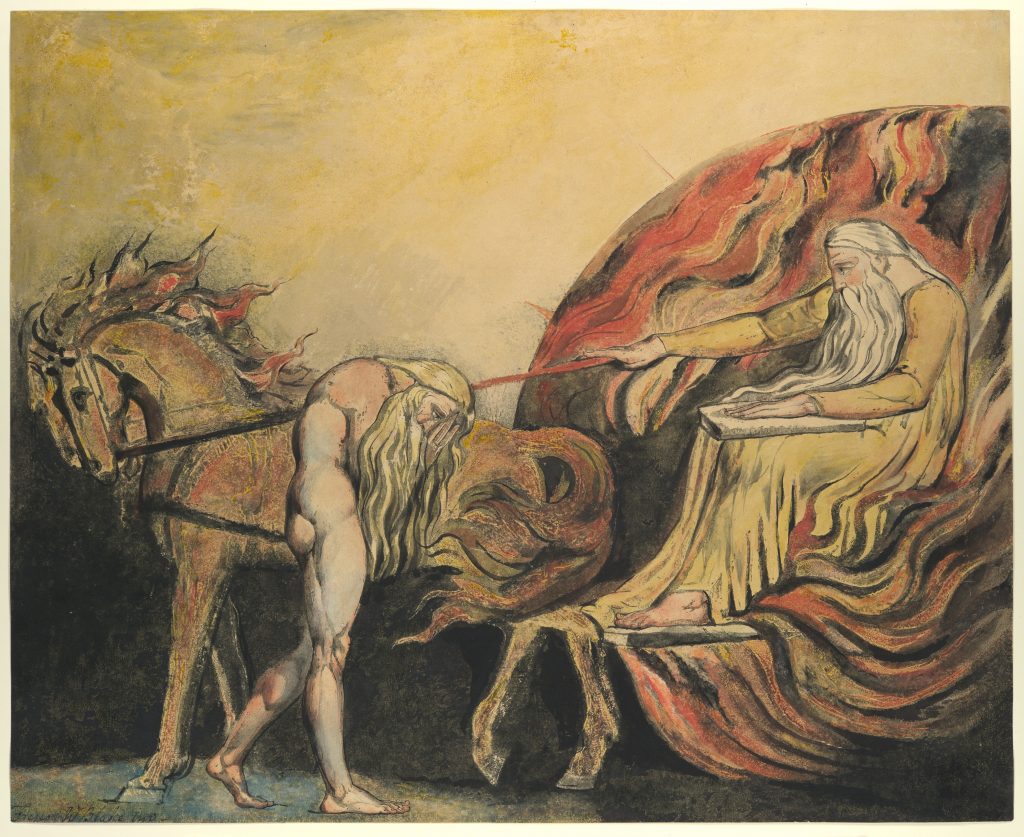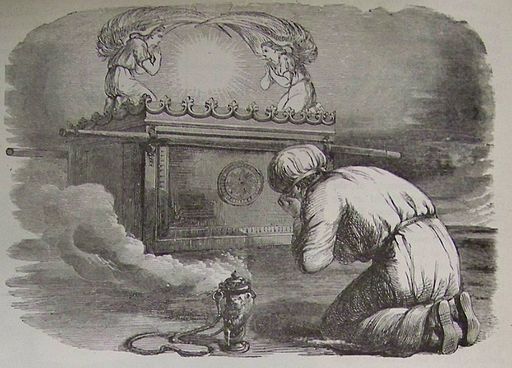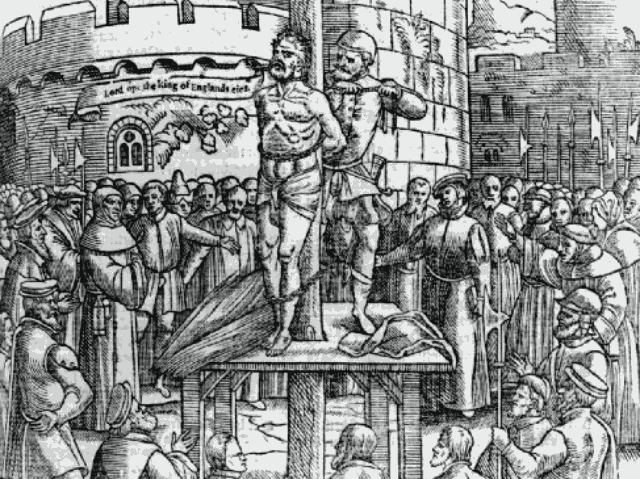Podcast: Play in new window | Download (Duration: 1:13:33 — 101.7MB) | Embed
Subscribe: Apple Podcasts | More

Image in the Public Domain
Atonement Part 4-Back to Alienation
I don’t think we fully appreciate what happened to us in the Garden of Eden. I don’t think we really and truly grasp how much we lost back there. In fact, I’m sure we don’t. Mankind was created to be like God; the Bible says in His Image. (Genesis 1:26) Do any of you feel like a god, at the moment? Even if you have what may be considered by others as the “perfect life”; is it really? And, you know, this just happens to be one of the problems we live with: we don’t even know what makes us truly happy. Do you think God struggles with defining happiness? Of course He doesn’t. But, actually, I’m just guessing because even though I was created in His image, I have almost no idea what He’s like. Sure, I know some things about Him but He seems so different than me…so foreign. And THAT’S what happened to us in the Garden of Eden. In those opening passages of Genesis we only got the slightest of glimpses into the relationship between God and Adam but we can safely deduce from what we are told that God’s intention was plain and simple: fellowship. Don’t ask me why, but God created mankind to be His companion. Why do you think He made us in His Image? I may love my dog but I’d rather spend time with Catherine. She and I are alike. My black lab Gypsy is lots of fun to play fetch with but if I want to make a connection I have to find someone more like myself. In heaven, God has angels flying all around Him all the time. Theologians tell us that the heavenlies are full of different sorts of “created intelligences” but as far as we know, there is no being quite like mankind…except for God. He made us like Him so that we could have eternal, meaningful fellowship.
We lost all of that because of one sin. Even if Adam never sinned after that…and there is no record in the Bible that tells us he ever did…I’m not saying he didn’t but we aren’t told of one other of Adam’s sins. My theory on that, by the way, is because it doesn’t matter. We are not told of any other of Adam’s sins because, frankly, it wouldn’t have made any difference. In fact, we aren’t told if he did anything overly righteous, either, for the rest of his 900 or so years because, again, it didn’t matter. It was done. Adam’s ONE sin forever changed the relationship between mankind and God…in whose image we are created. “John, why do you keep bringing that up?” Because I want you to see how far we’ve come. I want you to grasp the impact of that one little sin. We went from “alike companions” to complete strangers because of just one sin. Do you really think sin doesn’t matter? Sin transformed us from God’s closest creation to banished strangers. Paul refers to it as “alienated”. (Colossians 1:21) God alienated us from Himself. When Adam sinned God had to put distance between Himself and the ones He created to be His family. Is it possible for any of us to sense the tragedy of that? You know what? I don’t think so…not without Christ.
We have been alienated and that is why the world is in the mess it is in. Someone may ask you why there is evil in the world. Well, you can say with Paul that there is evil in the world because we have been alienated from God…His choice…and the manifestation of that alienation down through these many millennia is that our minds now view God as a foreign enemy. Isn’t that frightening to think about? We have made an enemy out of the very personification of Righteousness, Goodness and Mercy. No wonder our newspapers…or whatever the modern medium is now called…are filled with shocking stories of human depravity. Then, like idiots, we dare ask God why He “allows” evil, all the while we treat Him as an invading tyrannical enemy. ALL BECAUSE OF ONE SIN.
But the story will not end that way. God has promised to fix all of it. Even though this isn’t His mess, He has taken on Himself the burden of restoring what He had set out to establish and THAT is what Atonement is.
This episode is the last in the series. But before you listen in, I once again, encourage you to take a moment to pray for guidance and help. Ask God to make His Love obvious to you. Seek His Understanding and Wisdom and then join us as we take one final (for now) look at this most fascinating Biblical word.


